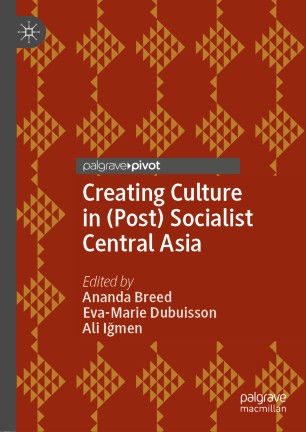

Most ebook files are in PDF format, so you can easily read them using various software such as Foxit Reader or directly on the Google Chrome browser.
Some ebook files are released by publishers in other formats such as .awz, .mobi, .epub, .fb2, etc. You may need to install specific software to read these formats on mobile/PC, such as Calibre.
Please read the tutorial at this link: https://ebookbell.com/faq
We offer FREE conversion to the popular formats you request; however, this may take some time. Therefore, right after payment, please email us, and we will try to provide the service as quickly as possible.
For some exceptional file formats or broken links (if any), please refrain from opening any disputes. Instead, email us first, and we will try to assist within a maximum of 6 hours.
EbookBell Team

5.0
100 reviewsThis book brings together historical and ethnographic research from Kyrgyzstan, Kazakhstan, and Xinjiang, in order to explore how individuals and communities work to create and maintain forms of ‘culture’ in contexts of ideological repression and erasure. Across Inner Central Asia, in both China and the Soviet Union, while ethnic culture was on one hand lauded and promoted, it was simultaneously folklorized in the face of broader projects of socialist modernity. How do local intellectuals, cultural organizers, and performers work to negotiate their own forms and understandings of cultural meaning within the institutions and frameworks of a long twentieth century? How does scholarly attention to cultural production, tradition, and performance help to inform our understanding of (ethnic) nations not as given, but as coming into being?